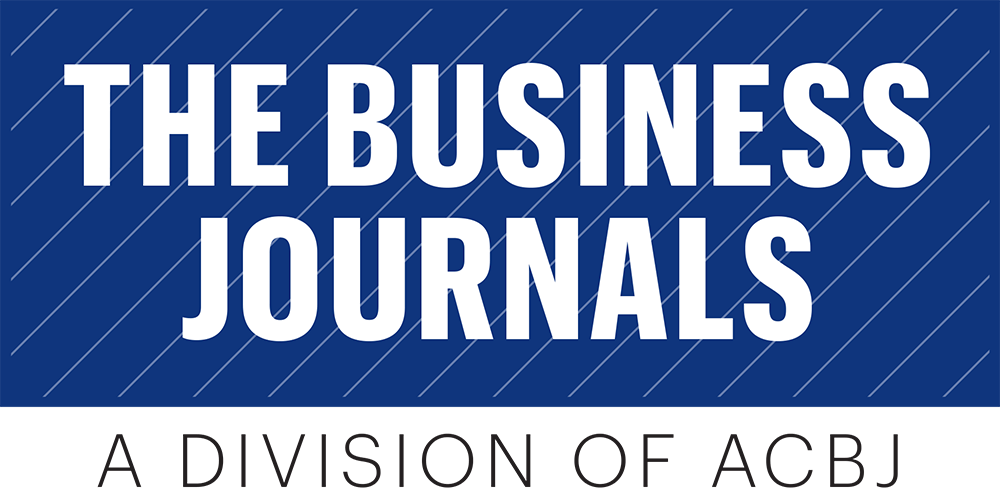ANN ARBOR, MI (September 29, 2017) excerpt from INSIDE SOURCES - Anytime they take out a loan, American consumers enjoy protections embodied by a handful of decades-old laws designed to ensure that they know how much credit costs, and that they can comparison shop. But the American small business owner enjoys no such benefits, something a new coalition is trying to change.
As banks have reduced lending to small businesses in the wake of the 2008 financial crisis, other lenders have swarmed into the sector, creating what critics call a rising tide of abuse — this time aimed at struggling business owners — that resembles the subprime mortgage sector that led to bailouts and the worst recession since the Great Depression.
“Small business owners are human beings, and they get taken advantage of the way consumer human beings do. But they don’t have the kinds of protections in the law that consumers have,” said Michael Barr, a law professor at the University of Michigan and a former assistant secretary of the Treasury.
























